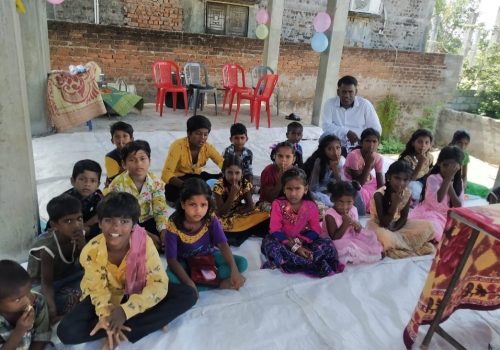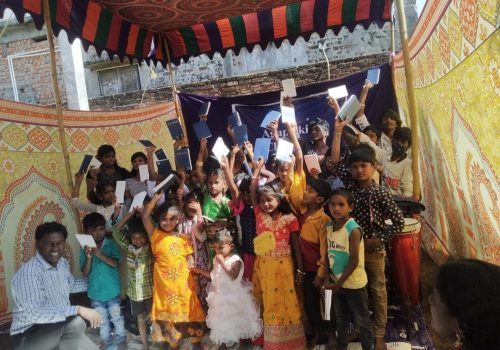Orphanages and Residential Care: Some orphans may live in institutional settings, such as orphanages or group homes, where they receive basic necessities, education, and emotional support from caregivers.
Foster Care: Orphans may be placed in foster homes where they can experience family life and receive individualized attention from foster parents.
Adoption: Adoption provides a permanent family for orphans. Adoptive parents legally take on the responsibilities and privileges of parenthood, providing a stable and loving home for the child.
Community-Based Care: Some organizations focus on community-based care, supporting orphans within their communities. This approach aims to keep children connected to their cultural and social roots.
Education and Healthcare Initiatives: Orphan care involves ensuring access to education and healthcare services to promote the overall well-being and development of children.
Counselling and Psychosocial Support: Orphans may require counselling and psychosocial support to cope with the emotional challenges of losing a parent or experiencing other traumatic events.
Efforts in orphan care often involve collaboration between governments, non-governmental organizations (NGOs), and local communities. It is essential to prioritize the child’s best interests, focusing on their holistic development and long-term well-being.
It’s important to note that the terminology and approaches in this field may evolve, and the emphasis is increasingly shifting towards family-based care and community support to provide a more nurturing and sustainable environment for orphaned children.



